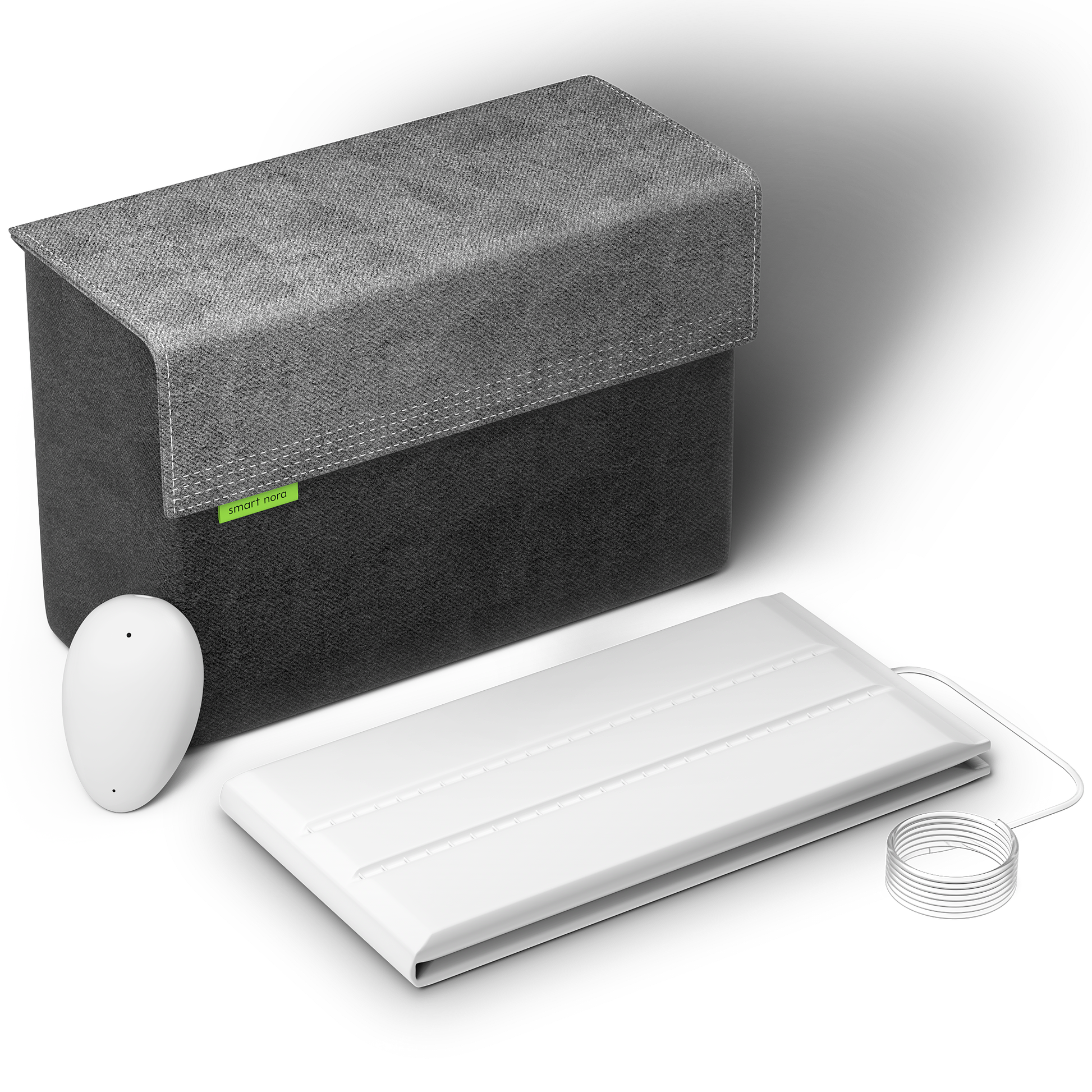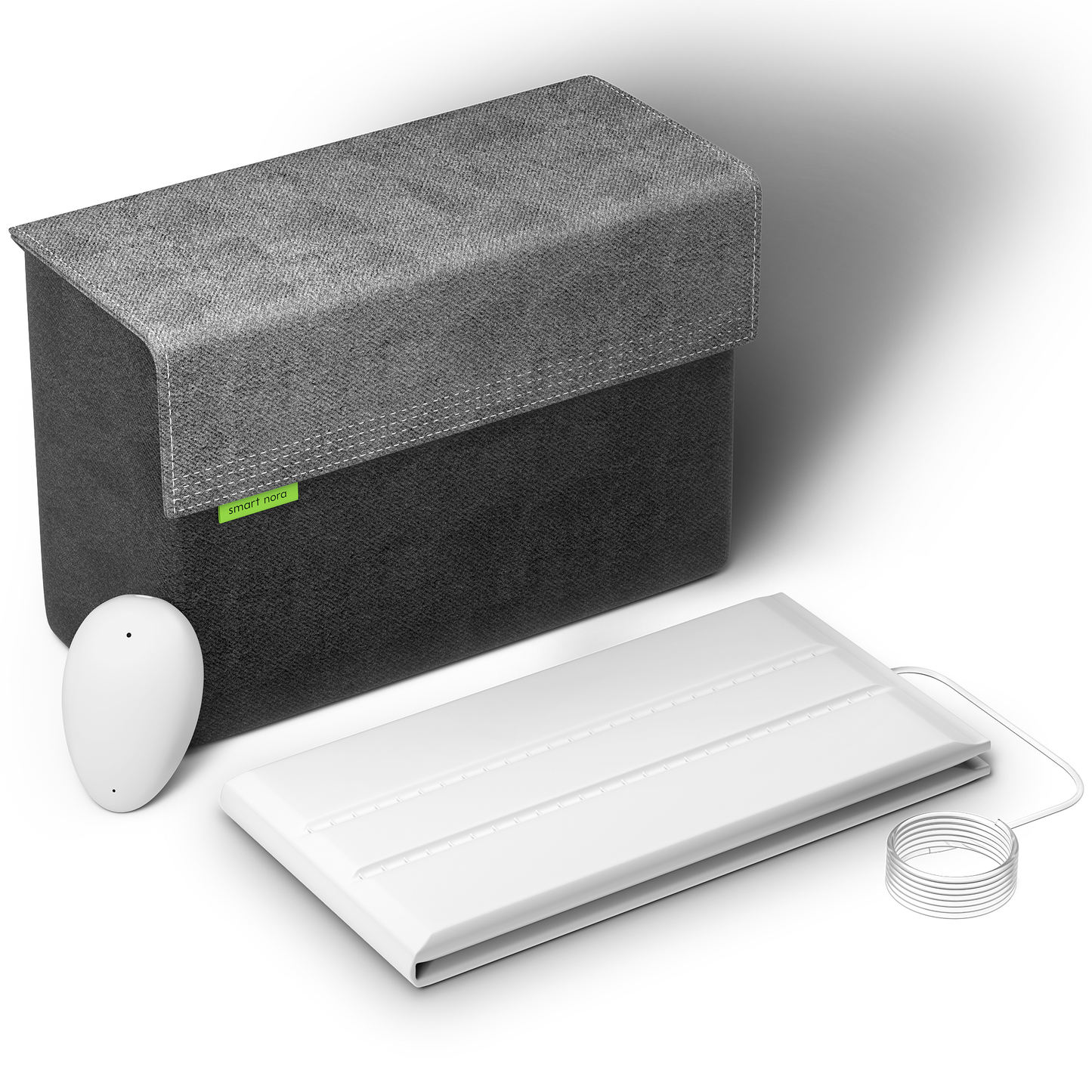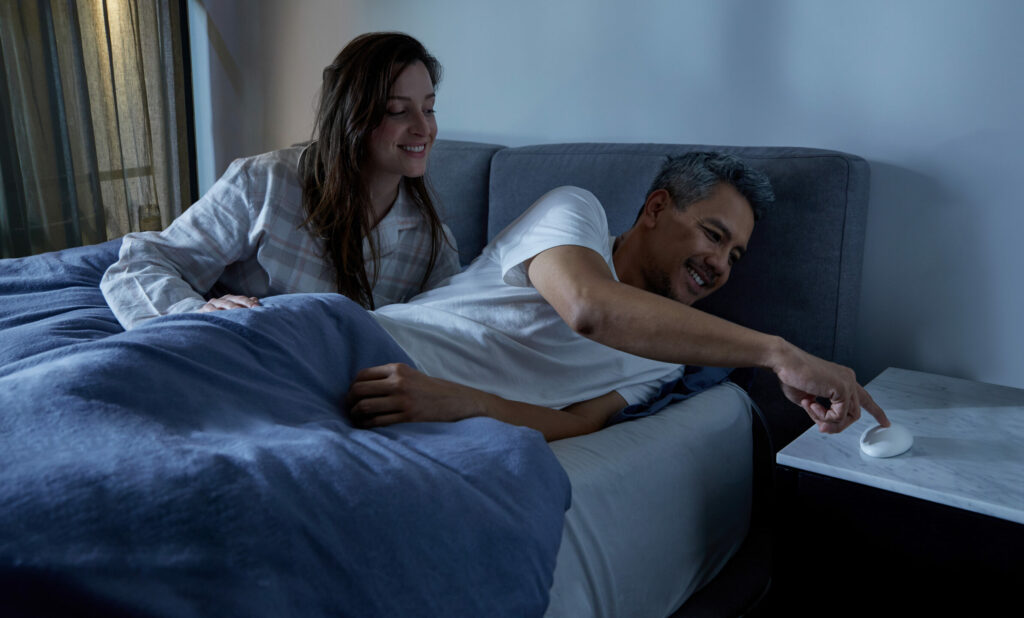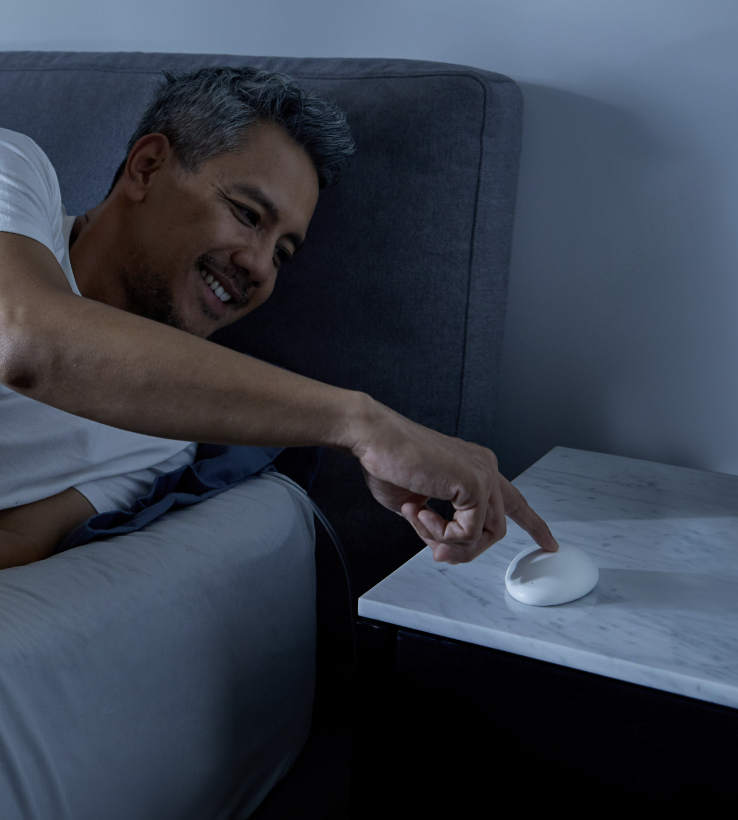COVID-19 – this pandemic has influenced everyone on the planet through almost all aspects of life. One category that is no exception is the change in quality and quantity of sleep many people have experienced due to the effects of this worldwide epidemic.
COVID-19 Pandemic’s Effect on Sleep
Decreased levels of sleep and sleep quality are just some effects of this ongoing pandemic. To better understand COVID-19 and its effect on our sleep, we need to first delve into how it affects our everyday life. Major changes to daily routine such as extended periods of home confinement, reduced physical activity and sunlight, and increased technology usage are all now a part of our “new normal”.
Increased Screen Time
In hopes of flattening the curve and reducing the spread of this virus, schools have shifted from in-person learning to primary online lectures. Many offices have also followed suit with most employees now working from the confines of their homes rather than in the office. Since everything needs to be conducted online now, events like team meetings, school lessons, and social hangouts that were previously all held in person are now conducted through our screens. While technology has no doubt served as a huge aid in helping society adjust to the virus, this also means an increase in blue light exposure.
Exposure to blue light during the day is quite harmless. In fact, it can boost one’s attention, reaction time, and mood. However, exposure to blue light during the evening is especially damaging to one’s sleep schedule. This is because blue light suppresses the body’s creation of melatonin – a sleep hormone that influences the circadian rhythm, our body’s natural biological clock. Due to this, any screen time during the evening can cause difficulty in falling asleep.
Decreased Physical Activity
Due to the closure of gyms, the cancellation of team sports, and the overall fear of stepping outside, people’s physical activity levels have fallen drastically since the emergence of COVID-19. Physical activity is not only an important aspect of one’s bodily health, but it is also a big contributing factor to a good night’s rest. Recent research indicates that just 30 minutes of moderate exercise leads to a better night’s sleep. Physical activity has been proven to decrease sleep complaints and insomnia in patients and increase the amount of deep sleep achieved during the night. Furthermore, exercising outdoors helps your body establish a good sleep-wake cycle (circadian rhythm).
Stress and Anxiety
Whether it’s reports of rising cases, a recent COVID-19 outbreak in your neighborhood, or another small business shutting down, it seems that every time you turn on the news, you are hit with a barrage of gloom and hopelessness. The end is nowhere in sight and the present looks bleak. COVID-19 has disrupted many of our lives for the worse. That’s why it is no surprise that elevated levels of stress have been reported these last few months because of the pandemic. High amounts of stress cause your body to produce cortisol through the HPA axis. Cortisol is an important hormone that coordinates your sleep cycle and when the HPA axis is disturbed through stress, this can result in insomnia and other sleep disturbances such as loud levels of snoring.
Conclusion
The reasons that we have delved into in this article are only some of the many factors regarding how COVID-19 negatively impacts one’s quality and quantity of sleep. For more information, stay tuned to our weekly blog posts!














